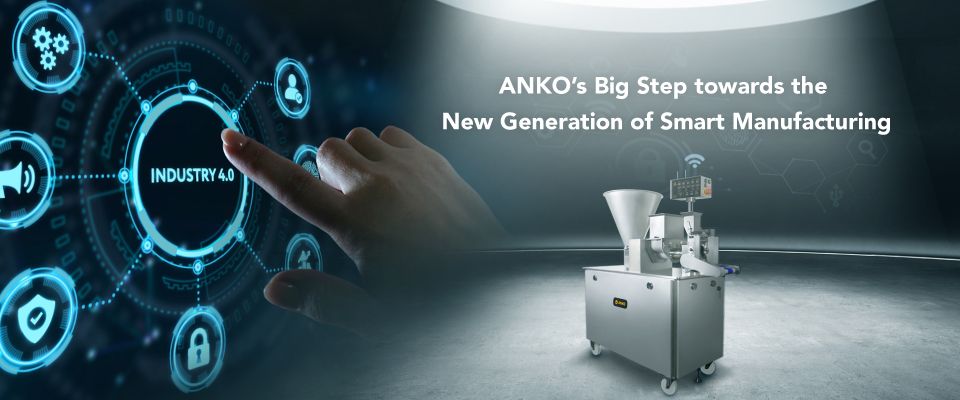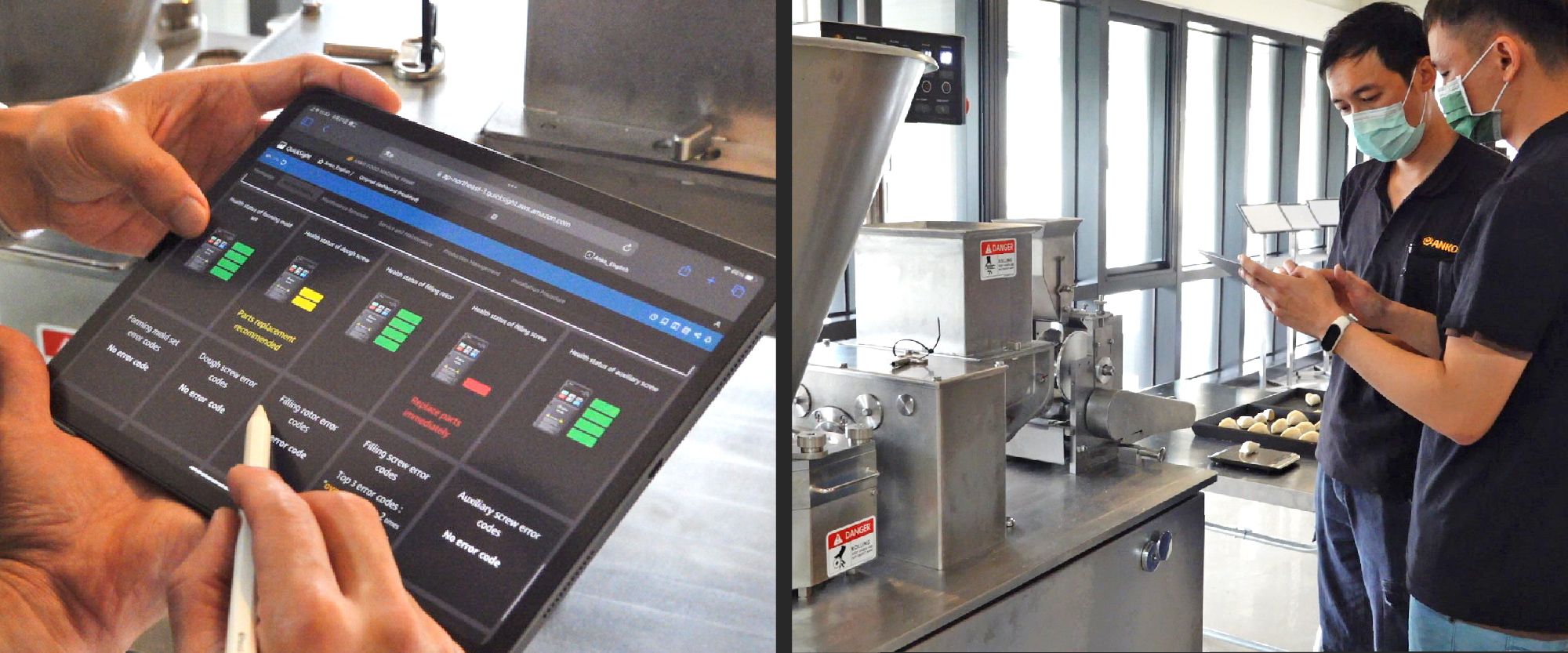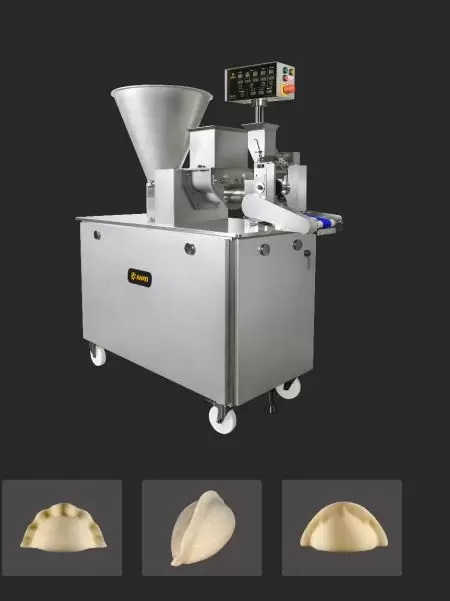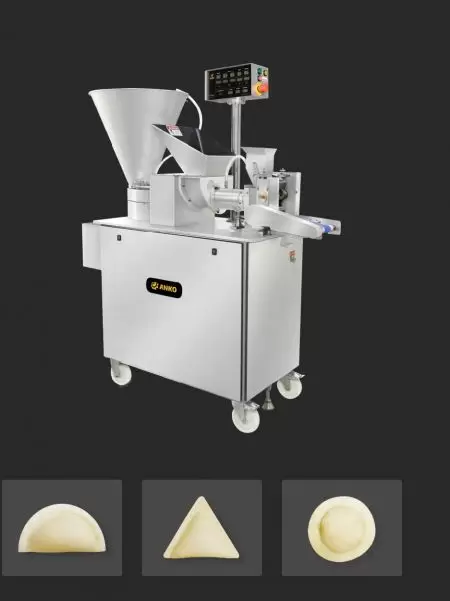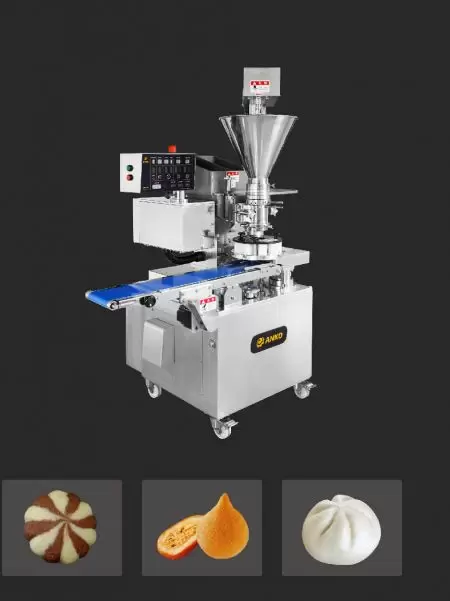Digital Transformation creates Innovative Food Manufacturing Business Models
08 May, 2023The COVID-19 pandemic accelerated the development of global digital transformation. The food manufacturing industry has invested in digital operations. The previous era that relied heavily on manual power is no longer relevant.
The necessity of digital transformation has become an inevitable change for the food manufacturing industry. Are you affected by this fourth Industrial Revolution? As the population born in the baby boomer era gradually retires, the shortage of labor has become a dilemma for the global manufacturing industry. In the four years before the start of the Covid-19 pandemic, the tenure rate in manufacturing decreased by 20%. The pandemic has exacerbated this figure, causing a 58% increase in resignations in manufacturing since its start in 2020. Additionally, the global supply chain imbalances caused by current world affairs and changes in consumer behaviors created new challenges that require time to find new solutions. How to incorporate technology to make up for the industry's gaps has become an urgent trend.
Digital Transformation - A necessary competitiveness factor for the new generation
As we enter this emerging stage of Industry 4.0, it is important to make the most efficient use of technology and data to reconstruct and implement changes for better business operations. In the food industry, the following benefits can be achieved:
1. Factory Management: Use digitalized data and monitoring equipment to accurately grasp and monitor the operational status of the production equipment, forecast, and adjust production plans in advance to reduce losses caused by downtime. These systems also allow multiple users to synchronize equipment information across platforms, improve communication, costs, and increase operational efficiency.
2. Operation Management: Using information and data management to analyze and control the increasingly complex and unstable supply chain with efficiency will ensure real-time inventory status and supply status.
3. Production Efficiency: Ensuring food safety, quality and consistency through automated monitoring and management oversight. These systems can also find production bottlenecks and break through production limitations based on data analysis of each production process.
4. Sales and Marketing: Collecting market data and customer information is imperative to grasp the real-time trend of any market, accurately allocate marketing resources, introduce innovate products and services. This helps to strengthen customer satisfaction, and to improve brand stickiness.
According to McKinsey's survey, food factories that have evolved into digital management can reduce machine downtime by 30-50%, increase output by 10-30%, improve labor productivity by 15-30%, and even increase market forecasting their accuracy to 85%.
Transformation Dilemma – Reviewing Challenges and Breakthroughs
Although digital transformation is already common among most manufacturing peers, according to the World Economic Forum, almost 70% of the manufacturing industry is still trapped in the piIot purgatory.
The challenges that cause transformation difficulties are roughly as follows:
1. Inability to build team agreement and define overarching goals and plans from top to bottom.
2. Lack of transformational technology, increased cost, and the need for technical talents to accomplish corresponding goals.
3. Poor application and integration of both new and old data.
To meet all of the above challenges, the key to success is finding a compatible technical partner, connecting equipment and informational platforms, while cultivating employees’ professional skills in every process. By analyzing data and integrating decision-making related to the company's goals, corporations can work together as a team to be successful in the new industrial era of 4.0 and take the lead in future business achievements.
ANKO’s IoT System: Keeps track of real-time production and equipment status
Based on years of experience and future market trends, ANKO has combined our proprietary equipment with cloud computing technology to create an IoT System. By using vibration sensors, the operational status of their machine’s core components are constantly monitored and can be viewed remotely. The data is presented in easy-to-understand charts and can be accessed via mobile devices, allowing managers monitor real-time production conditions. It also helps operators manage risks in case of machine malfunction, to more accurate prepare materials and modified production lines to improve the real-time response capabilities.
Additionally, after introducing the IoT system to ANKO’s machine, managers can have access remotely to monitor production conditions via mobile devices, detect and solve problems in real-time, and manage multiple machines single handedly. ANKO's IoT system can also alert customers to medium and long-term maintenance schedules on the ANKO Dashboard, effectively reducing maintenance costs. By analyzing productions using the Big Data, frequent damaged parts can be identified, which will extend the machine’s lifespan.
ANKO's IoT system can also further assist in "digital production management." The remote monitoring system collects data on daily operating time, record start-up frequency, production capacity, material waste, and any abnormal conditions. It allows clients to grasp important management information such as production balance, logistics and warehousing, and material scheduling. Digitalized information is paper-free, saves time processing information; and the accumulated Big Data can be analyzed to predict production capacity more accurately. This helps companies plan production output for maximum efficiency during peak and off-peak seasons, and assist corporations with integrating into digitalization.
Case Study> click here
We would like to hear from you!Contact ANKO Now
Let us know your needs via "Inquiry Form" below. ANKO's professional consultants will assess your product and current plan, and then have a further discussion with you. According to your situation, we will recommend a solution that is suitable for you. If you have any questions about machines and production, please feel free to contact us for further discussion.

